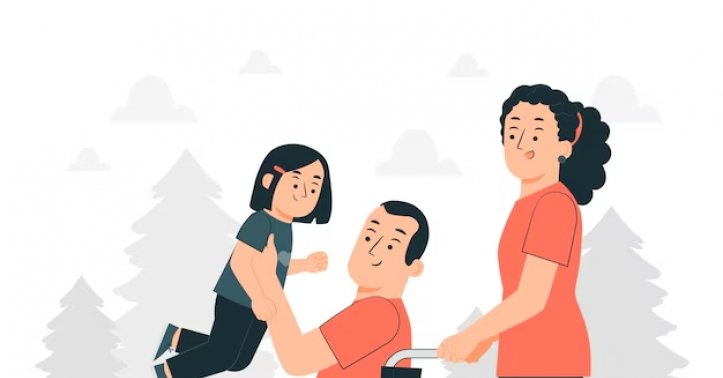
People say Divyang I say Specially Abled
The term "Divyaang," meaning "divine body," was introduced in India to replace "disabled," emphasizing dignity over disability. While this was a step towards reducing societal stigma, I propose a shift in perspective—acknowledging these individuals as “specially abled” or “uniquely capable.” This view focuses on their strengths, resilience, and potential to achieve greatness despite challenges.
Redefining Abilities
The phrase "specially abled" is not just a label but a philosophy that celebrates abilities rather than limitations. These individuals demonstrate exceptional determination, problem-solving skills, and creative thinking. For example, a person with visual impairment may develop heightened auditory skills, while someone with mobility challenges often showcases remarkable mental resilience and adaptability.
Beyond Labels: Real Challenges
Though terminologies like "Divyaang" aim to uplift, they cannot overshadow the systemic issues faced by this community:
1. Accessibility Barriers: Public infrastructure often lacks inclusive design. Limited access to ramps, elevators, or assistive technologies remains a significant hurdle.
2. Employment Discrimination: Despite laws promoting workplace inclusivity, societal biases still hinder equal opportunities.
3. Limited Awareness: Even today, there is a lack of understanding about conditions like cerebral palsy, autism, and other neurodivergent states.
Innovation in Rehabilitation: The Role of Riitesh Mudraa
A groundbreaking innovation in holistic rehabilitation is Riitesh Mudraa, a system developed by me. By integrating ancient Indian hasta mudras (hand gestures) with modern acupressure techniques, this practice empowers individuals with cerebral palsy and other neurological challenges. Its benefits include:
Reducing Spasticity: Regular practice has shown improved muscle coordination and reduced stiffness.
Enhancing Mental Health: By combining Riitesh Mudraa with mindfulness and sound therapy, individuals experience better emotional regulation and reduced anxiety.
Empowering Therapists: Certification programs are training caregivers and professionals, ensuring accessible, effective treatment globally.
A Holistic Approach to Inclusion
True inclusivity requires a multi-pronged approach:
Education: Introducing children to diversity in abilities fosters empathy and reduces prejudice.
Policy Reforms: Governments must enforce stronger implementation of disability rights, including education, healthcare, and employment.
Technological Integration: Innovations like AI-based assistive devices, speech-to-text systems, and virtual reality therapies are enhancing independence and quality of life.
Celebrating Uniqueness
Being "specially abled" is not about compensating for a perceived lack; it is about embracing unique strengths and reimagining capabilities. Whether it's the brilliance of Stephen Hawking, the artistry of Beethoven, or the resilience of everyday heroes, their stories inspire a broader definition of success.
Conclusion
Rather than labeling someone as "disabled" or "Divyaang," let’s celebrate their abilities, acknowledge their struggles, and create a world that supports and empowers them. By recognizing and fostering their unique capabilities, we can transform society into a more inclusive, compassionate, and innovative space. After all, being "specially abled" is not a limitation—it is a testament to human potential.
By Dr Ritesh Sinha








